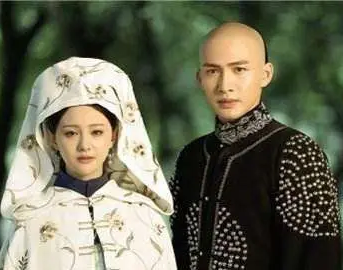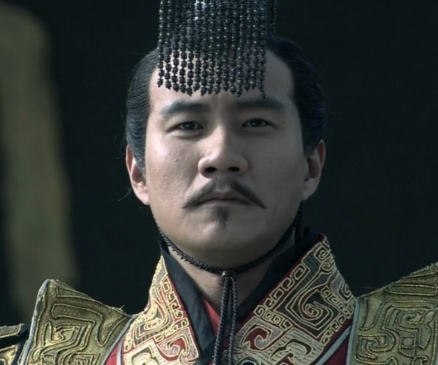The Emperor Jiajing of the Ming Dynasty, also known as Emperor Shizong Zhu Houcong, was the eleventh emperor of the Ming Dynasty. His reign lasted forty-five years, making him the second longest-serving emperor of the Ming Dynasty. Despite facing multiple political crises and court intrigues during his reign, Emperor Jiajing ultimately managed to retain his throne, which was quite rare in the turbulent and unstable changes of imperial power at that time. This article will analyze several key factors that contributed to Emperor Jiajing's ability to maintain his throne.

Firstly, Emperor Jiajing demonstrated strong political acumen and decisive decision-making ability early in his reign. Upon ascending the throne, he faced a complex situation of eunuch tyranny and interference by the imperial concubine's family. Emperor Jiajing took a series of measures to consolidate his power. He weakened the influence of the eunuchs, restricted the power of the imperial concubine's family, and promoted loyal officials to his side. These measures effectively strengthened his ruling foundation.
Secondly, Emperor Jiajing exhibited a certain degree of political wisdom in handling national affairs. For example, in foreign relations, he adopted a flexible strategy that avoided large-scale border wars while maintaining the dignity and interests of the country. Domestically, he also attempted some reforms, although their effectiveness varied. These efforts helped stabilize the domestic situation to some extent.
Moreover, Emperor Jiajing's personal beliefs also helped him consolidate his throne to some extent. He had a strong interest in Taoism and invested a considerable amount of time and energy in religious activities. This religious belief enabled him to maintain calmness and resilience in the face of political pressure. At the same time, it also led some court officials and civilians to believe that he was protected by the gods, thus enhancing his legitimacy.
Lastly, during Emperor Jiajing's reign, although there were constant internal struggles within the court, he was usually able to promptly deal with figures who posed a threat to his rule. Through a series of political purges and power reorganizations, he successfully eliminated many potential opponents, ensuring that his power remained unchallenged.
In summary, Emperor Jiajing was able to retain his throne because he demonstrated firm determination and clever strategies in power struggles. He successfully maintained his imperial position by consolidating power, reforming policies, utilizing religious beliefs, and promptly addressing threats. However, the long-term court intrigues and political purges also led to the depletion of national resources and social unrest, having a negative impact on the later development of the Ming Dynasty. Emperor Jiajing's reign reminds us that the wisdom and decision-making of a monarch play a crucial role in the stability and development of a country.
Disclaimer: The above content is sourced from the internet and the copyright belongs to the original author. If there is any infringement of your original copyright, please inform us and we will delete the relevant content as soon as possible.































